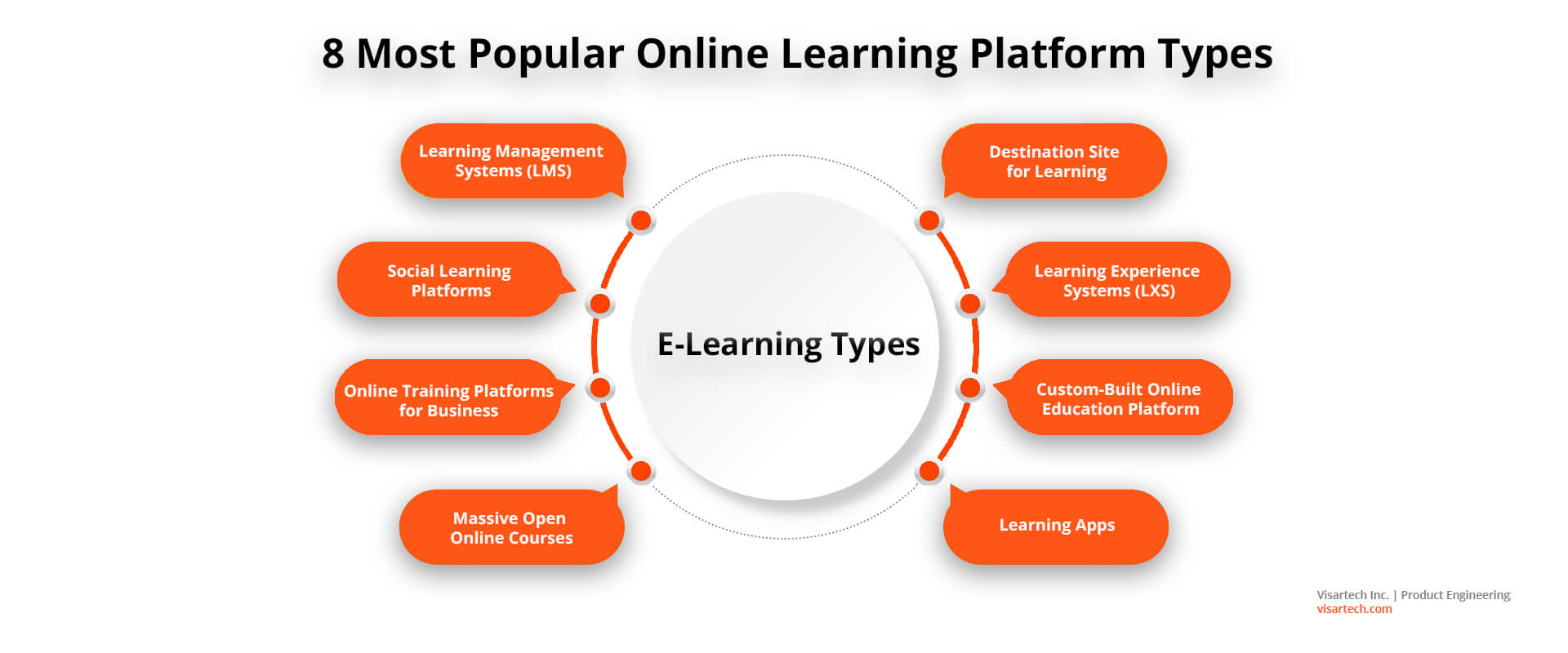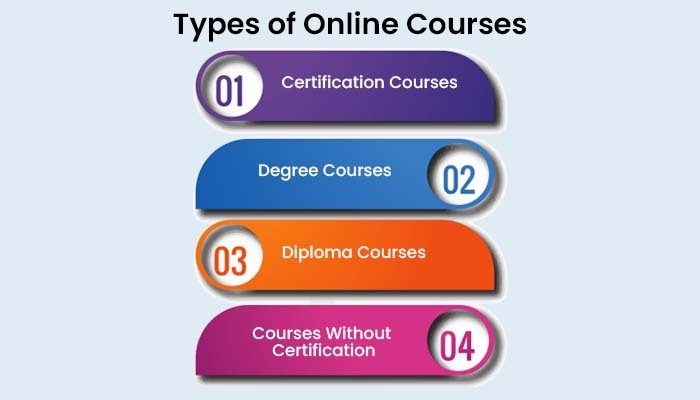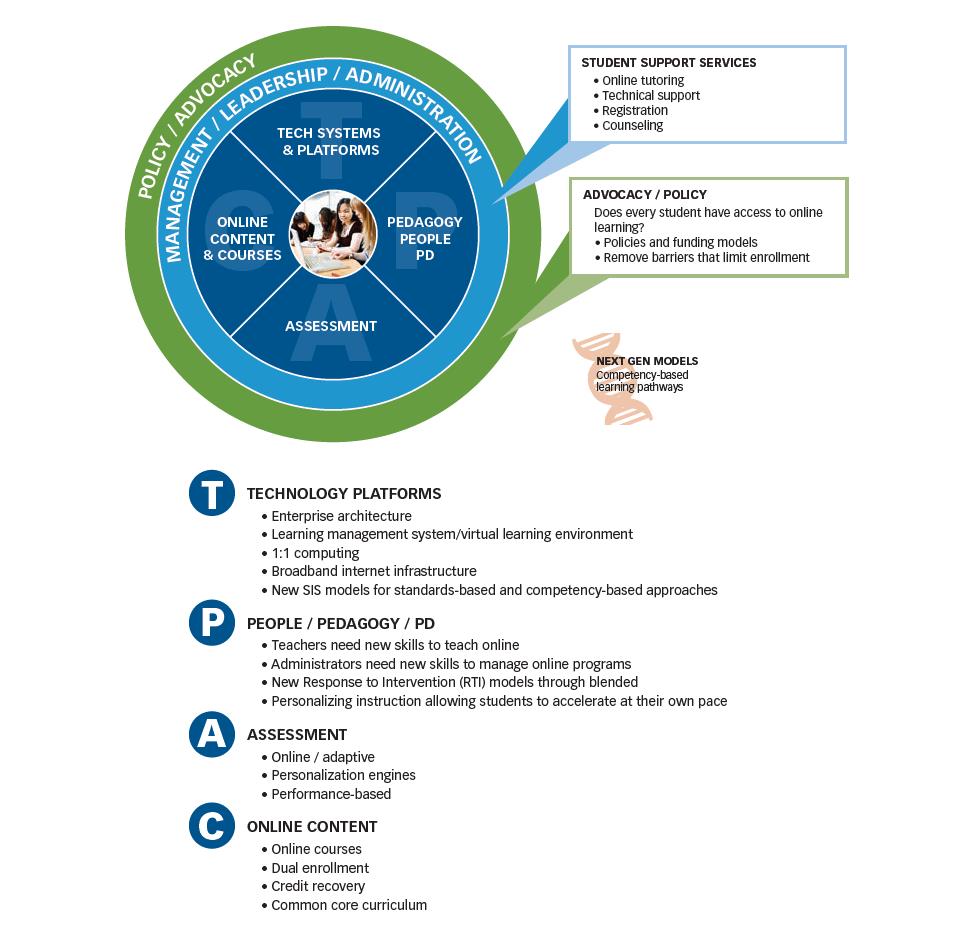Online learning has revolutionized the educational landscape, offering students incredible possibilities. Here are some distinct advantages that it brings:
- Flexibility: Learners can set their own study pace and schedule, making it easier to balance work and academics.
- Accessibility: Students can study from anywhere with an internet connection, freeing them from geographical constraints. This is particularly beneficial for those who may be working or traveling.
- Cost-Effectiveness: Online courses often come at a lower price compared to traditional education, reducing expenses related to transportation and materials.
- Customized Learning Experience: With a vast array of resources available, students can tailor their education to meet their unique needs and preferences.
Trends in Global Education
As the world increasingly embraces technology, several trends are shaping online learning:
- Adoption of E-Learning: Institutions globally are integrating e-learning to expand their reach and offer diverse programs.
- Interactive Learning: Enhanced multimedia content helps students better understand and retain information, fostering improved learning outcomes.
- Collaborative Tools: Online platforms facilitate collaboration, allowing students to learn from peers across continents.
In this context, the future of education becomes more inclusive, engaging, and accessible for all.

Types of Online Learning Platforms
MOOCs (Massive Open Online Courses)
MOOCs have been at the forefront of online education, changing how learners access knowledge worldwide. These platforms provide courses that anyone can join, offering a plethora of topics often created by prestigious universities. Some key features include:
- Wide Accessibility: MOOCs are typically free or low-cost, allowing anyone with an internet connection to enroll.
- Diversity of Content: Learners can choose from thousands of courses ranging from philosophy to computer science.
- Engagement: Many MOOCs incorporate forums, quizzes, and peer interactions, enhancing the learning experience.
A popular example is Coursera, which partners with top universities like Stanford and Yale, making high-quality education accessible to countless learners globally.
Virtual Classrooms
On the other hand, virtual classrooms resemble traditional classroom settings but are conducted online. They provide a more structured environment for both instructors and students. Key aspects to consider include:
- Real-Time Interaction: Classes occur live, allowing for immediate feedback and engagement.
- Resource Sharing: Instructors can share materials and assignments instantly, mirroring the in-person experience.
- Technology Integration: Virtual platforms often include tools like whiteboards and polls to encourage participation.
Overall, virtual classrooms combined with the flexibility of MOOCs empower students everywhere to learn in ways that fit their lifestyles.

Accreditation and Quality Assurance in Online Education
Recognized Accrediting Bodies
When students choose an online program, the credibility of the institution is paramount. Recognized accrediting bodies play a crucial role in validating the quality of education offered by these institutions. For example:
- Regional Accreditors: These are state-level agencies that evaluate and assure the quality of colleges and universities within specific regions, such as the Higher Learning Commission (HLC) in the United States.
- National Accreditors: These organizations focus on specific sectors, providing accreditation to institutions that meet their defined standards. The Distance Education Accrediting Commission (DEAC) is a prime example.
- Programmatic Accreditors: Sometimes, individual programs (like nursing or engineering) receive specialized accreditation from industry-specific organizations.
These bodies help ensure that the education meets rigorous standards, enabling students to have confidence in their degrees.
Ensuring Quality in Online Programs
Quality assurance in online education goes beyond accreditation; it encompasses various processes aimed at maintaining educational excellence. Key factors include:
- Regular Assessments: Institutions should conduct evaluations to monitor teaching effectiveness, student performance, and course content.
- Student Feedback: Gathering learner insights can guide necessary improvements and adaptations in curriculum design.
- Continuous Professional Development: Offering training and resources for instructors helps enhance the quality of teaching.
By implementing these practices, online education providers can foster a learning environment that not only promotes knowledge but also inspires student success.

Testing and Assessment in Online Education
Proctored Exams
Proctored exams serve as a vital tool in maintaining academic integrity during online assessments. With the rise of online learning, the challenge of ensuring that students are genuinely completing their assessments has come to the forefront. Proctored exams can take several forms, including:
- Live Proctoring: In this method, a proctor monitors students in real time through a webcam during the exam. This provides a level of accountability similar to a traditional classroom environment.
- Recorded Proctoring: Students take their exams under surveillance that is recorded for later review, allowing institutions to check for any suspicious behavior after the fact.
- Remote Monitoring Software: Tools such as Respondus or ProctorU utilize advanced technology to detect unauthorized resources, ensuring that students stay focused on the exam.
Implementing proctored exams not only helps in ensuring fairness but also builds trust in the online assessment process.
Alternative Assessment Methods
As educational experiences evolve, so too do assessment methods beyond traditional exams. Alternative assessment methods offer flexibility and creativity in evaluating student understanding. Some popular alternatives are:
- Portfolios: Students compile a collection of their work over time, showcasing their learning progress and skills.
- Project-Based Assessments: These assessments evaluate students on real-world tasks or research projects, promoting application of knowledge rather than rote memorization.
- Peer Assessment: Students assess each other’s work, creating an interactive process that not only involves collaboration but also enhances critical thinking.
These methods not only cater to diverse learning styles but also provide students with meaningful feedback, fostering a deeper understanding of the subject matter. Overall, as we explore the future of education, combining proctored exams with innovative assessment methods will contribute to a more comprehensive learning experience.

Choosing the Right Online Course or Program
Factors to Consider
When it comes to selecting an online course or program, several factors can impact your learning experience. Start by asking yourself the following questions:
- Course Offerings: Does the platform provide a variety of courses that align with your interests and career goals? A broader selection gives you more options to choose from.
- Accreditation: Is the course accredited by a reputable body? Accreditation ensures the quality and recognition of your qualifications in the job market.
- Teaching Methods: What teaching styles and methods does the course employ? Look for platforms that engage students through interactive content, hands-on projects, and access to real-time feedback.
- Flexibility: Does the program fit your schedule and allow you to learn at your pace? Flexibility is vital for balancing studies with personal or professional commitments.
Assessing these factors can help you make an informed decision that aligns with your personal and professional aspirations.
Popular Online Learning Providers
Several online learning platforms are well-regarded for their quality of education and user experience. Here are some popular options to consider:
- Coursera: Offers courses from prestigious universities, often featuring video lectures, quizzes, and community discussions.
- edX: Known for its university-level courses, edX provides options for professional certification.
- Udemy: Features a vast array of courses on diverse topics, allowing for self-paced learning with user feedback.
- LinkedIn Learning: Focuses on business and technology-related skills, integrating well with professional development.
These platforms vary in offerings, teaching methods, and pricing, making it crucial to evaluate which one aligns best with your goals. By taking the time to explore your options, you can find a course that meets your needs and enhances your learning journey.

Skill Development Through Online Education
In-Demand Skills
The digital landscape is continually evolving, and online education is at the forefront of this transformation. Many professionals are now turning to online platforms to acquire in-demand skills that align with today’s job market. Some essential skills include:
- Digital Marketing: With companies focusing on online presence, skills in SEO, content marketing, and social media management are crucial.
- Data Analytics: The ability to analyze data and draw actionable insights is increasingly sought after across industries.
- Programming and Coding: Knowledge of programming languages like Python, Java, and JavaScript opens doors to numerous tech-oriented roles.
- Project Management: Effective project management skills remain vital for driving projects to completion efficiently.
By focusing on these in-demand skills, learners can enhance their employability and stand out in competitive job markets.
Professional Certifications
In addition to skills, online education provides an excellent avenue for obtaining professional certifications that validate expertise. Certificates from recognized platforms like Coursera, edX, or LinkedIn Learning can significantly boost a résumé.
- Certification Programs: Short, targeted courses can lead to industry-recognized credentials, especially in fields like IT, business management, and health.
- Specializations: Opting for specialized pathways allows learners to dive deeper into specific areas, enhancing their professional profiles.
Overall, the combination of skill development and professional certifications through online learning not only fills knowledge gaps but also equips learners with tangible credentials that can advance their careers. As technology evolves, so should your skills and qualifications.

Accessibility and Inclusivity in Online Education
Overcoming Barriers
Online education holds the potential to bridge gaps in traditional learning, but there are still significant barriers that must be addressed. Common challenges include:
- Digital Divide: Many students, especially in low-income regions, lack reliable internet access, which can hinder their ability to participate in online classes. Solutions can include community internet programs and mobile data initiatives.
- Technological Proficiency: Not all students are tech-savvy. Offering digital literacy training can equip learners with the necessary skills to navigate online platforms comfortably.
- Inclusivity in Content: Content must be accessible to all students, including those with disabilities. Utilizing Universal Design for Learning (UDL) principles ensures that materials are adaptable for various learning needs.
Personal barriers—like family obligations or lack of motivation—also come into play. Creating flexible schedules and supportive online communities can help students feel included and engaged.
Ensuring Equal Opportunities
To foster a truly inclusive online learning environment, educational platforms must prioritize equal opportunities for all students:
- Tailored Support Services: Offering extra resources like tutoring or counseling for students in need can level the playing field.
- Diverse Course Offerings: Providing a wide range of courses ensures students from different backgrounds can find subjects that resonate with them.
- Community Engagement: Building vibrant communities where students can interact and share experiences fosters inclusivity and mutual support.
By focusing on these areas, online education can become a powerful tool for promoting accessibility and inclusivity, ultimately leading to a more equitable learning experience for everyone.

Online Learning for Continuing Education and Lifelong Learning
Benefits for Professionals
In today’s fast-paced job market, professionals must continuously adapt and upgrade their skills. Online learning provides a flexible way to achieve this, offering numerous benefits:
- Convenience: Balance your current job with your studies. Online courses allow you to learn at your own pace and schedule.
- Diverse Offerings: Whether it’s project management, digital marketing, or data science, online platforms provide courses tailored to various industries.
- Cost-Effective: Many online courses are more affordable than traditional classes, helping you invest in your professional development without breaking the bank.
With these advantages, online learning has become an essential part of career advancement.
Lifelong Learning Resources
The resources available for lifelong learning have expanded tremendously. Many platforms offer:
- Specialized Certifications: Programs in niche fields or emerging technologies provide a competitive edge in your career.
- Free Resources: Websites like Coursera, edX, and Khan Academy provide free courses that can enhance your knowledge anytime, anywhere.
- Community Engagement: Many platforms foster collaborative environments, allowing learners to connect, share experiences, and learn from one another.
By taking advantage of these resources, you can continually evolve your skills and knowledge throughout your lifetime, ensuring your relevance in the ever-changing job landscape.

Online Learning for K-12 Education
Virtual Schools
Virtual schools have transformed the way K-12 education is delivered, providing students with the flexibility and resources needed to succeed in their studies. These fully online educational institutions cater to various educational needs and backgrounds.
- Flexibility: Students can learn at their own pace, allowing them to balance schoolwork with extracurricular activities or part-time jobs.
- Diverse Curriculum: Virtual schools often offer a wide range of courses, from core subjects to specialized electives, ensuring students can pursue their interests.
- Access to Qualified Educators: Many virtual schools employ experienced teachers with specialized knowledge, providing quality education despite geographical barriers.
These schools can be particularly beneficial for students in remote locations or those who require personalized learning environments.
Supplemental Online Resources
In addition to virtual schools, supplemental online resources enrich K-12 learning experiences. These resources include:
- Interactive Learning Platforms: Websites like Khan Academy or IXL offer practice exercises and instructional videos tailored to various subjects, reinforcing classroom learning.
- Educational Apps: Many apps are designed to supplement core subjects, helping students grasp difficult concepts through gamification and interactive activities.
By leveraging these combined resources, students can enhance their learning outcomes, deepen their understanding, and foster a love for lifelong education.
